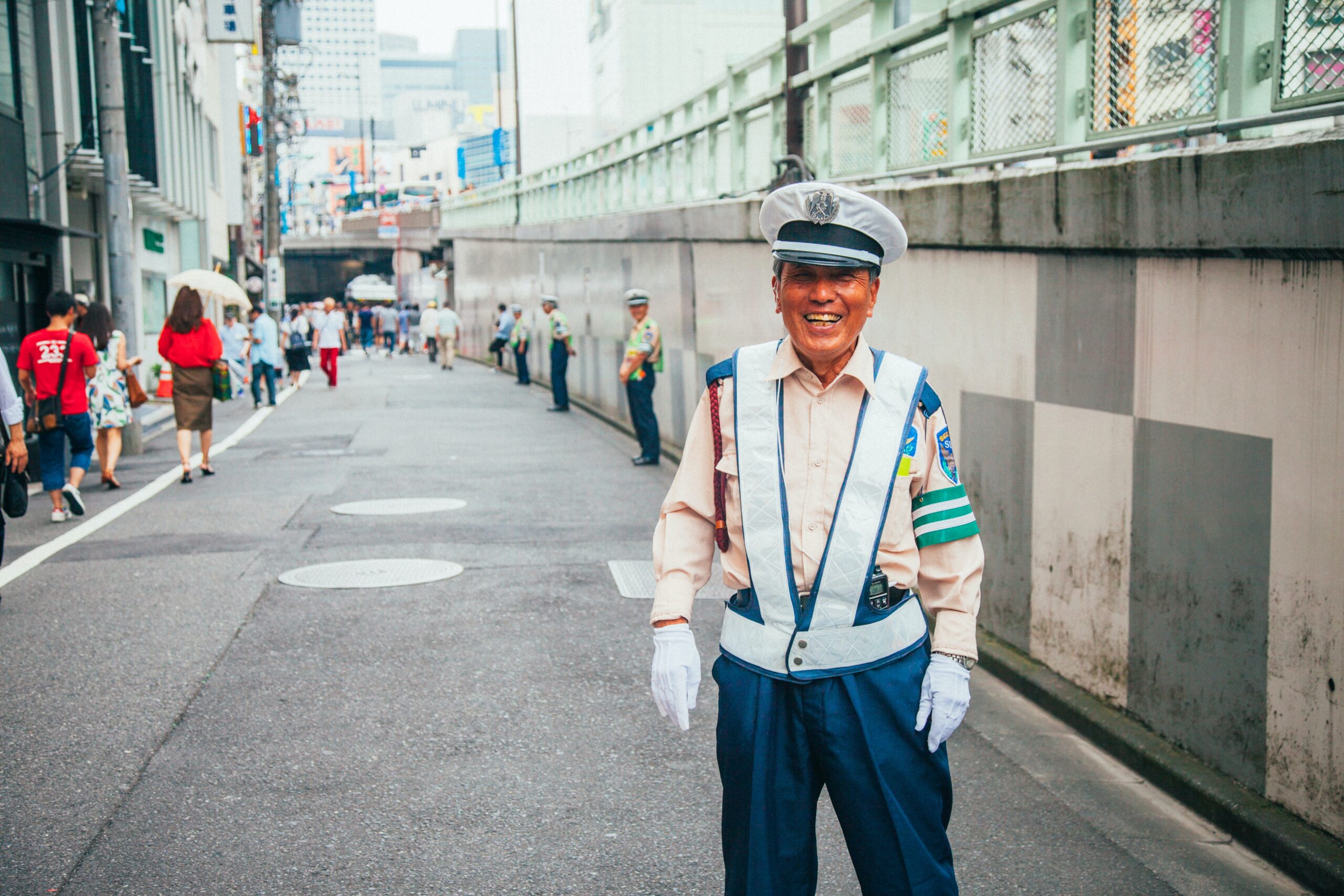
What is ikigai? It might be a question you’ve never asked yourself. I, like yourself, never imagined that experimenting and dabbling in all sorts of hobbies, crafts, and careers would lead me to find meaning, and even joy, in my work … or, my ikigai (ee-key-guy).
Ikigai is an ancient Japanese philosophy that has enveloped the way Japanese people live. Some believe it’s even the reason for their happiness and longevity. It’s no wonder western culture has chosen to adopt it as their way of discovering a meaningful career.
In this article, we’ll explain the origins. importance, and meaning of ikigai. We’ll also discuss how to find and implement your ikigai, and what to look out for when doing the inner work to find it.
Ikigai is a Japanese concept that means your ‘reason for being.’ ‘Iki’ in Japanese means ‘life,’ and ‘gai’ describes value or worth. Your ikigai is your life purpose or your bliss. It’s what brings you joy and inspires you to get out of bed every day.
It’s important to mention that while traditional Japanese philosophy focuses on finding your bliss, western interpretation has used ikigai as a method of finding your dream career.
The Westernised version of ikigai says you’ve found your dream career when your career includes these four qualities:
This ikigai diagram helps to visualize this concept by showing these four main overlapping qualities:
The center point on the Venn diagram where all four circles overlap is your ikigai.
Japan is ranked second in the world for life expectancy, with women expected to live 88.09 years and men expected to live 81.91 years. While it’s true that diet plays a role, many Japanese people believe ikigai has a lot to do with their longevity and living a happy life.
Apart from living a longer and happier life, knowing your ikigai can help you:
When you know your ikigai and understand its meaning, you’re aligned with the work you’ve longed to do and the work the world needs you to do.
The Japanese philosophy of ikigai dates back to the Heian period, between 794 to 1185.
Okinawa is a Japanese island south of the mainland. The island has the highest proportion of people over 100 years old in the world and Ikigai plays a major role in Okinawan culture.
But this Japanese secret isn’t just linked to the elderly. It’s becoming popular with younger generations both in and out of Japan who are interested in having meaningful work lives.
Here are our top three steps to help you discover your ikigai:
If you’re currently working:
If you have a hobby or craft:
If you’re currently working:
If you have a hobby or craft:
If you’re currently working:
If you have a hobby or craft:
If you’re currently working:
If you have a hobby or craft:
If you answered ‘yes’ to each question in the ‘If you’re currently working’ section, keep doing what you’re doing!
If you answered ‘yes’ to each question in the ‘If you have a hobby or craft’ section — congrats! You can take steps to turn your hobby into your dream career. Head to step 2 to start.
What if your answers were no?
Don’t worry; keep reading for more tips on finding your ikigai.
Spend some time visualizing your ideal day from start to finish. Believe it or not, this is going to help you determine your ikigai and your true meaning. What are you wearing? Who are you talking to? What are you doing? Pay attention to how you feel. What makes you feel good at work?
When you’re finished visualizing, make sure to write it down (or write it down as you’re visualizing).
Next, look at the questions you answered ‘no’ to. Spend some time brainstorming and writing down small changes you can make to align your mission. Align this with what you love, what you’re good at, what the world needs, and what you can be paid for.
For example, did you answer ‘no’ to ‘Do you have an emotional connection to your work results?’ Maybe it’s because you’d rather work with clients face-to-face rather than on the phone, or maybe you’d like to apply for a leadership promotion at work.
Or, if you answered ‘no’ to ‘Does your hobby or craft feel intuitive?’ Maybe you need to take some classes to strengthen your skills so that your work feels more natural.
During this process, make your supreme focus all about finding your center, your ikigai.
Note: It’s normal for doubt, fear, or negative thoughts to come up during this time. Facing your future can feel like a heavy challenge. The trick is not to attribute meaning to your doubts and fears. You’re stronger and more adaptable than you might think.
You now have a picture in your head about what your ideal workday looks like. Now, consider studying, researching, taking classes, or hiring a coach or mentor. This step can help you discover if your vision meets your real-life expectations.
For instance, maybe you want to be a wedding photographer. But, after mentoring under a professional wedding photographer, you realize it’s not for you.
Or, maybe you wanted to sell vintage fashion, but after looking into the process, you realized you didn’t want to keep up with so much inventory.
If you go through this process and find that your vision meets your real-life expectations — congrats, it looks like you’ve found your ikigai. Move on to the next section to see how to put it in place. .
If the opposite is true, don’t worry, it can take time to find your ikigai.
Repeat steps one through three with a different job, hobby, or craft until you find your ikigai. If you still can’t find it, consider dabbling and experimenting with a variety of roles and/or crafts.
Bake cakes, learn how to code, volunteer, start a book club, design a logo — it doesn’t matter. Keep experimenting until you find what speaks to you.
Note: Finding your ikigai doesn’t mean you’ll love every aspect of your career. It means that you’re willing to accept even the not-so-perfect parts. This is because your career is aligned with what you love, what you’re paid for, and what the world needs.
—
Written by dr Erin Eatough

Get in touch
To be able to help we need to assess each project individually. Our free project assessment session will help us recommend the first steps you'd need to take to make scrum work for you.
Schedule a call